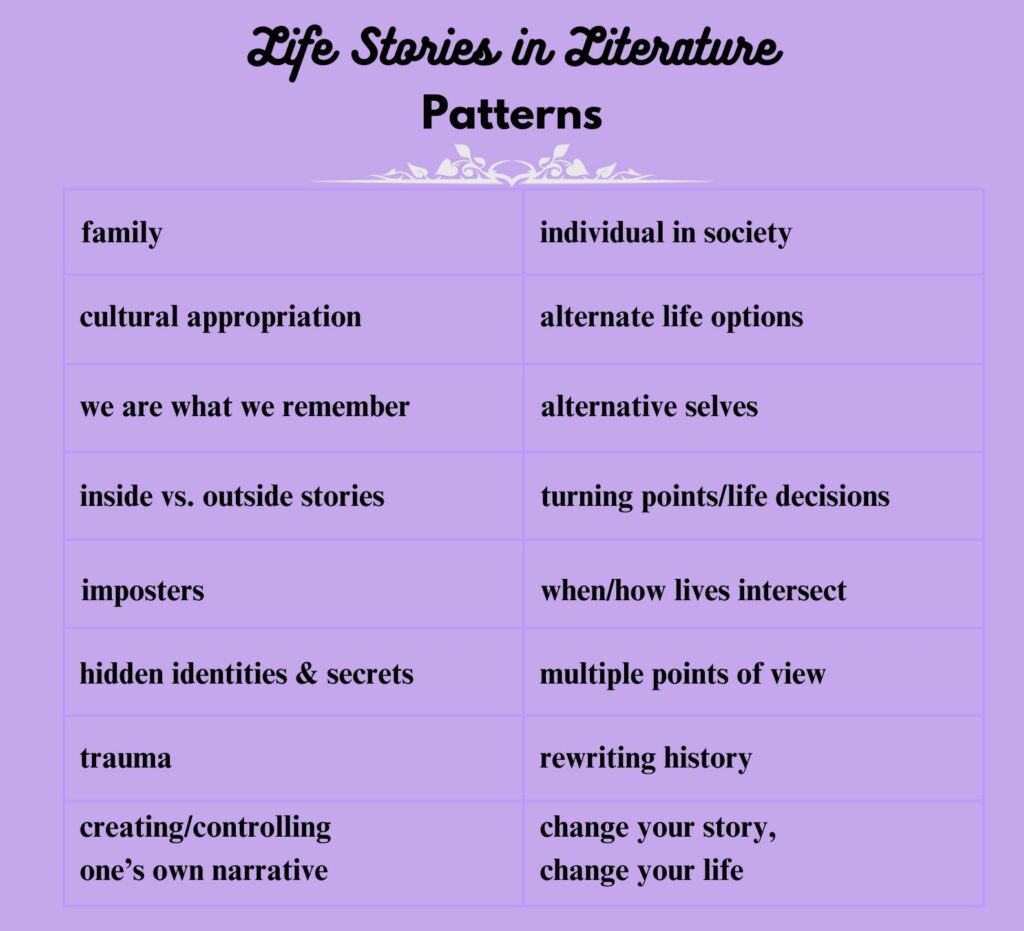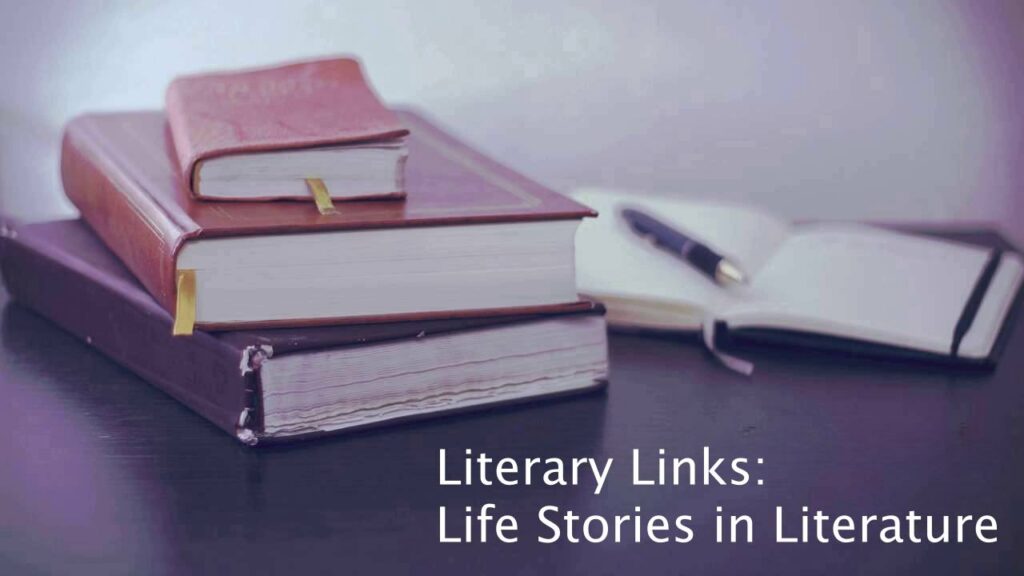
A Classic Chronicle of Korean America: On Kim Ronyoung’s Clay Walls
“David S. Cho Explores Ideas of Homeland, Belonging and Identity in a Pioneering Contribution to Asian American Literature”
Novels that introduce us to people from cultures other than our own contribute to human understanding in a global context.
Clay Walls is a truly pioneering work. Though works by Korean immigrants and those born and raised in America like Kim Ronyoung were written before Clay Walls, . . . Kim’s novel is unique not only in being the first to be written by a Korean American woman but also in exploring the intergenerational Korean American women’s experience both here in the United States and abroad in Korea.
Three ways to get in touch with your Shadow self
Ruth Williams, a Jungian analyst from London, defines Carl Jung’s concept of the shadow self using The Talented Mr. Ripley (1955) by Patricia Highsmith as an example. She also explains why facing one’s own shadow is important: “Coming to terms with these unwanted aspects of ourselves is arguably a necessary struggle in life. It enables us to take responsibility for our faults, our failings or shortcomings, and to blame others less. This can create deeper and more meaningful relationships.”
Why Is the Right Obsessed With Epic Poetry?
“From Elon Musk to Jordan Peterson, a certain strand of conservatism has recruited the poetry of Homer and Dante in their culture war.”
Orlando Reade, assistant professor of English at Northeastern University in London, explains why oligarchs such as Elon Musk are interested in classical epic poetry. Reade attributes this interest to “something that has long been central to epic poetry: the founding of empires.”
What Roman Coins Reveal About the People Who Made Them
Let’s stay in the ancient world for another moment (because I was a classics major). In this excerpt from his book A History of Ancient Rome in Twelve Coins, Gareth Harney describes how each ancient coin was made by hand, even though the individual stories of the people who made them have been lost: “these cold disks of metal have a human story to tell—each one the product of human sweat, toil, and ingenuity.”
Cultural and social artifacts remain, even though individual life stories are often lost. One of the more interesting patterns of Life Stories in Literature is recent efforts by novelists to imagine how those individual lives might have been lived.
The Alchemy of Literature: A Lecture on Pain
In this year’s Lancaster International Fiction Lecture from Litfest’s “Autumn Weekend,” award-winning writer Guadalupe Nettel considers how writers turn the pain of human experience—physical, emotional, psychological—into moments of literary gold.”
The power of friendship: How a letter helped create an American bestseller about antisemitism
Rachel Gordan, assistant professor of Religion and Jewish Studies at the University of Florida and author of Postwar Stories: How Books Made Judaism American, tells the story of how and why American novelist Laura Z. Hobson wrote the 1947 novel Gentleman’s Agreement.
Hobson, “a Jewish woman who had experienced antisemitism firsthand, and observed casual antisemitism from her non-Jewish friends,” imagined a novel in which a reporter “pretends to be Jewish so he can experience bigotry firsthand.” But Hobson doubted her own ability and the right to write such a work. But advice from a non-Jewish friend propelled her to write the book, which became a bestseller and then an award-winning film starring Gregory Peck.
An Emotional Time Machine: How Our Sense of Smell Can Unlock Childhood Memories
Proust famously introduced his huge work Remembrance of Things Past with a memory of dipping “a madeleine cake in lime-blossom tea.” In this excerpt from The Forgotten Sense: The New Science of Smell—And the Extraordinary Power of the Nose, Jonas Olofsson explores the relationship between memory and our sense of smell.
What makes some of us crave self-insight more than others?
Christoph Heine is a psychologist and personality researcher at Witten/Herdecke University in Germany. Here he examines what he and colleagues call the “self-insight motive”:
From the philosophy of the ancient Greeks to the Buddhist tradition, people have been on a quest for self-insight for aeons. But is the pursuit of self-knowledge really a fundamental and universal human motive?
After finding that people varied in the strength of their self-insight motive, he and colleagues wondered “what kind of a person has a greater self-insight motive.” His discussion tangentially offers some enlightenment on the process of life review that I’ve discussed recently.
Narrate Your Way to a More Meaningful Life
“Storytelling, meaning, and personal goals.”
Hal McDonald, professor of literature and linguistics at Mars Hill University in North Carolina, teaches writing classes in both fiction and nonfiction. Here he discusses results of recent research published in The Journal of Positive Psychology that found “participants who were rated as proficient storytellers exhibited a stronger sense of meaning in life and endorsement of high-level goals than those whose storytelling abilities received lower ratings.”
He concludes “the results of the study suggest a beneficial and possibly even therapeutic role for storytelling workshops” to help people learn storytelling techniques to help them construct meaningful life stories.
A Self-Made Myth: How Edith Wharton Rewrote Her Own Childhood
“while Wharton was not, in any sense of the phrase, a ‘self-made man’ she was self-constructed, and largely unique for a woman of her time.”
The Age of Innocence, published in 1920, made Edith Wharton the first woman to win the Pulitzer Prize (1921). In this article Constance Roisin examines Wharton’s life, her writing, and writings by both people who knew her and later critics and historians to conclude that “Wharton has also done something very strange: she has given herself the kind of childhood that would make her a literary heroine, ironically the kind of literary heroine that she herself would write about.”
Change your story, change your life. Or at least other peoples’ perception of your life.
Finding Africa in Harlem: Displacement and Belonging in Claude McKay’s Home to Harlem
In this excerpt from the Introduction to the 2025 edition of Home to Harlem by Claude McKay, Belinda Edmondson writes that the novel portrays “a vibrant transnational Black culture that gave Harlem its reputation as the Black Mecca. In the early twentieth century many of these populations were still new to New York, and to one another. Home to Harlem reveals a Black community in a state of becoming.”
© 2025 by Mary Daniels Brown


My dad was a big one for the shadow self.